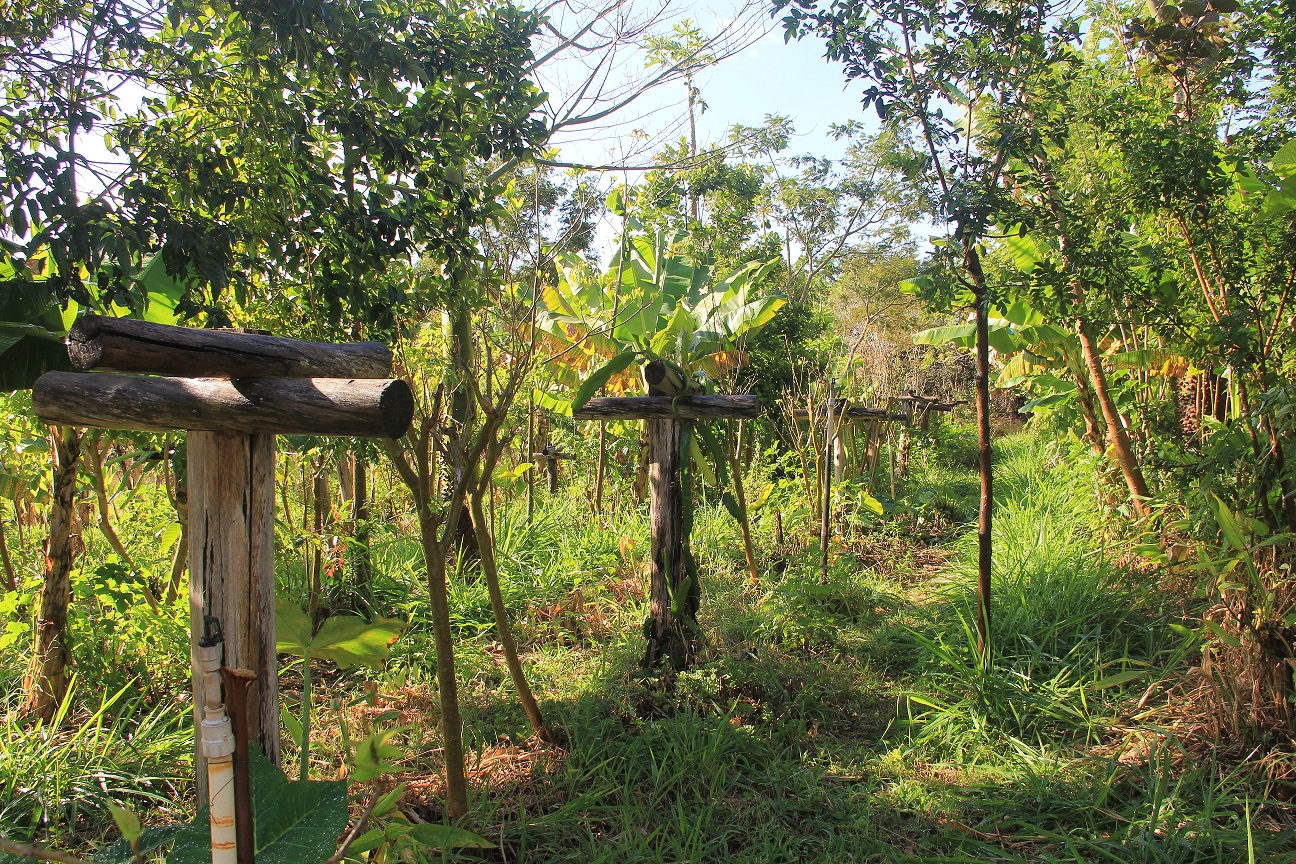
From 20 to 23 November, the United Nations World Food Programme (WFP) Centre of Excellence against Hunger in Brazil participated in the XII Brazilian Agroecology Congress, whose motto was “Agroecology on Everyone’s Lips”, in the city of Rio de Janeiro. The event welcomed more than 5,000 participants, including researchers, students, technicians, extension workers, family farmers, traditional peoples and communities, and social movements.
Throughout its editions, the CBA has established itself as a reference point in relation to agroecology in Brazil and Latin America. This is due not only to its multi-territorial dimension and scope, but also to its methodological approach based on critical epistemologies that recognize different forms of knowledge, whether academic or popular. The Congress acts as a driving force for participatory processes and comprehensive dialogue between organized civil society, academia and government bodies, all centred on the theme of agroecology. In 2023, the event takes place in a scenario that urgently demands the construction of strategies to combat hunger that affects millions of people across the country.
In this context, the WFP Centre of Excellence reported on the experience of the Beyond Cotton Project, to share how the Centre has strengthened food systems, generating autonomy and income for family farmers in Benin, Mozambique and Tanzania through Trilateral South-South Cooperation in the area of agroecology. The project team was also able to hear reports of experiences from other countries in the process of agroecological transition – such as Burkina Faso – and access inventions, social technologies and participatory methodologies built by farmers and organized civil society groups, fundamental for the processes of knowledge sharing.
Finally, the Centre of Excellence team participated in the launch of the book “Food Security and Climate Emergency: Global Sindemic and a Challenge for Public Health in Latin America”, together with the Department of Community Nutrition of the National Institute of Hygiene, Epidemiology and Microbiology of the government of Cuba, which presented the successful implementation of the PROACT project, led by the World Food Programme in the country. The project aimed to improve the resilience of the local food system to the impact of extreme weather events, especially on the vegetable value chain, and contributed to a diversified food supply for schools in seven central municipalities across the country.
“The presence of the Center of Excellence Against Hunger in Brazil at the XII Brazilian Congress of Agroecology was important to highlight the relevance of South-South cooperation in mitigating hunger and improving healthy agrifood systems on a global scale. The Beyond Cotton Project, in turn, has played a significant role in positive transformations in the lives of more than 11,000 beneficiary farmers (direct and indirect),” said Thaynara Dias, Technical Assistant in Rural Development at the WFP Centre of Excellence.
The Beyond Cotton project is a joint initiative of the WFP Centre of Excellence and the Brazilian Government, through the Brazilian Cooperation Agency (ABC), with financial support from the Brazilian Cotton Institute (IBA).




